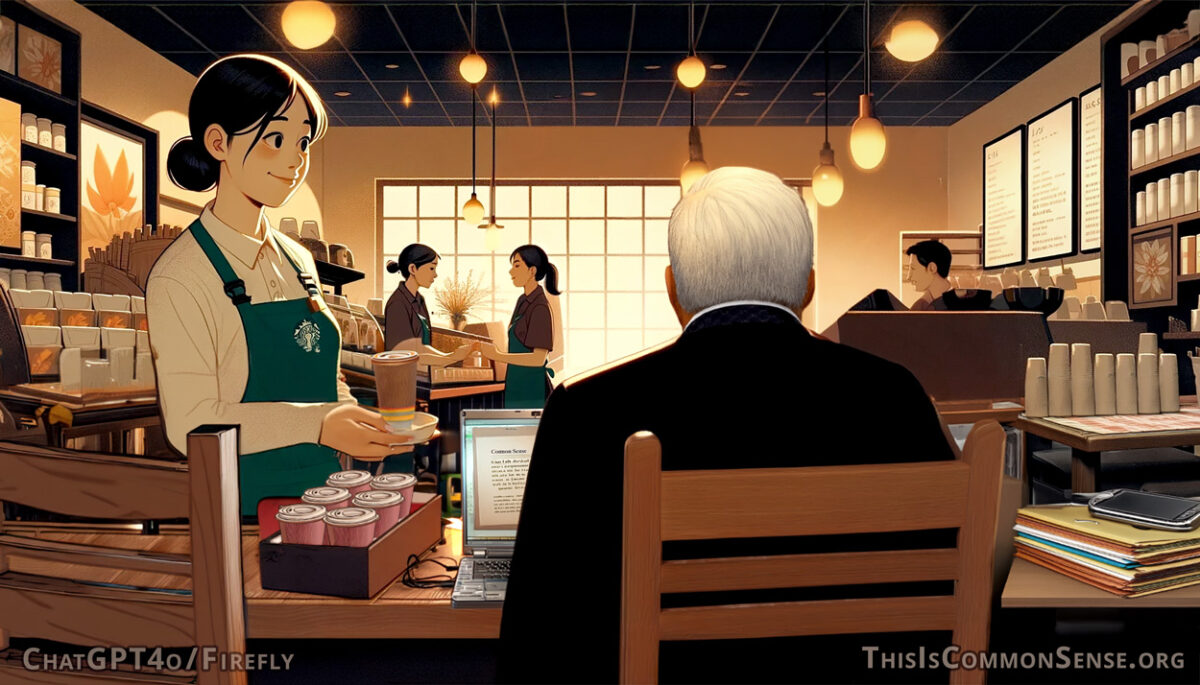Last week was Independence Day, but I was still celebrating Juneteenth.
The June 19th date hasn’t quite kicked in as a holiday for many Americans, despite a bipartisan House and unanimous Senate effort — along with President Biden’s signature — making it the “Juneteenth National Independence Day” and giving federal workers the day off.
It marks the day in 1865 when federal troops landed in Galveston, Texas, a rebel state, to announce that slavery had ended and the enslaved must be freed.
The day is about freedom. Other days could have been chosen, but for years it has served as an apt enough marker for the end of chattel slavery in America.
And slavery’s cessation is worth celebrating!
Americans are used to big July 4th celebrations, having reveled for nearly 250 years in our wonderful Declaration, announcing our separationfrom the British Empire on that day!
Actually, it was two days earlier that the Continental Congress voted to secede — and August 2, 1776, that the Declaration was finally signed. There was no sure separateness until Cornwallis surrendered on October 19, 1781, and it took nearly two years for the official peace treaty to be signed.
There are many dates we could have chosen to honor. We settled on July 4.
We liked the words of the document.
Similarly with Juneteenth. We need a holiday commemorating the end of slavery and I like the play on words in the very name.
Arguably, the 15 days from the 19th of June to the Fourth of July should be a celebratory period for liberty more generally, starting with slavery’s abolition and ending with the creation of an independent America dedicated to equal liberty. (Backwards, of course.)
Maybe somewhere in the middle we can find a date to push the necessary third step, the cessation of “demoktesis,” the institutional philosophy of our time where “everyone owns everyone else.”*
Until personal freedom is generally respected — where nobody, not even the government, owns pieces of others — the American experiment in independence is incomplete.
This is Common Sense. I’m Paul Jacob.
* The term was coined by Robert Nozick (1974, p. 290), who defined it as “ownership of the people, by the people, and for the people.”
Illustration created with PicFinder and Firefly
—
See all recent commentary
(simplified and organized)





